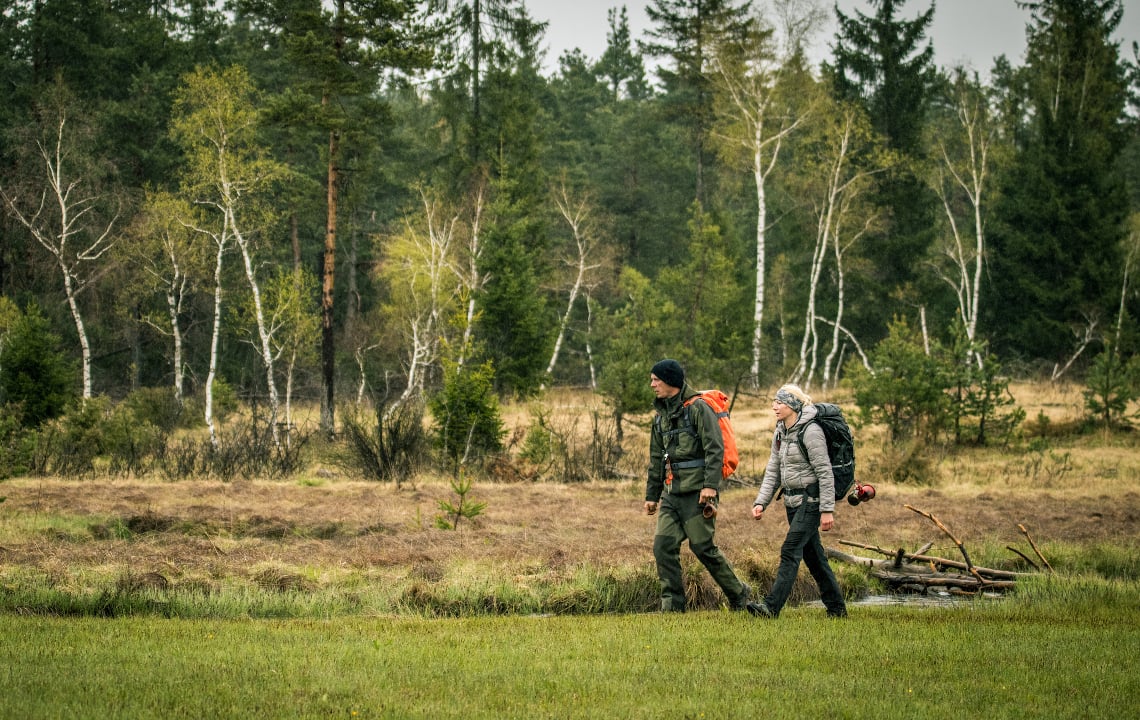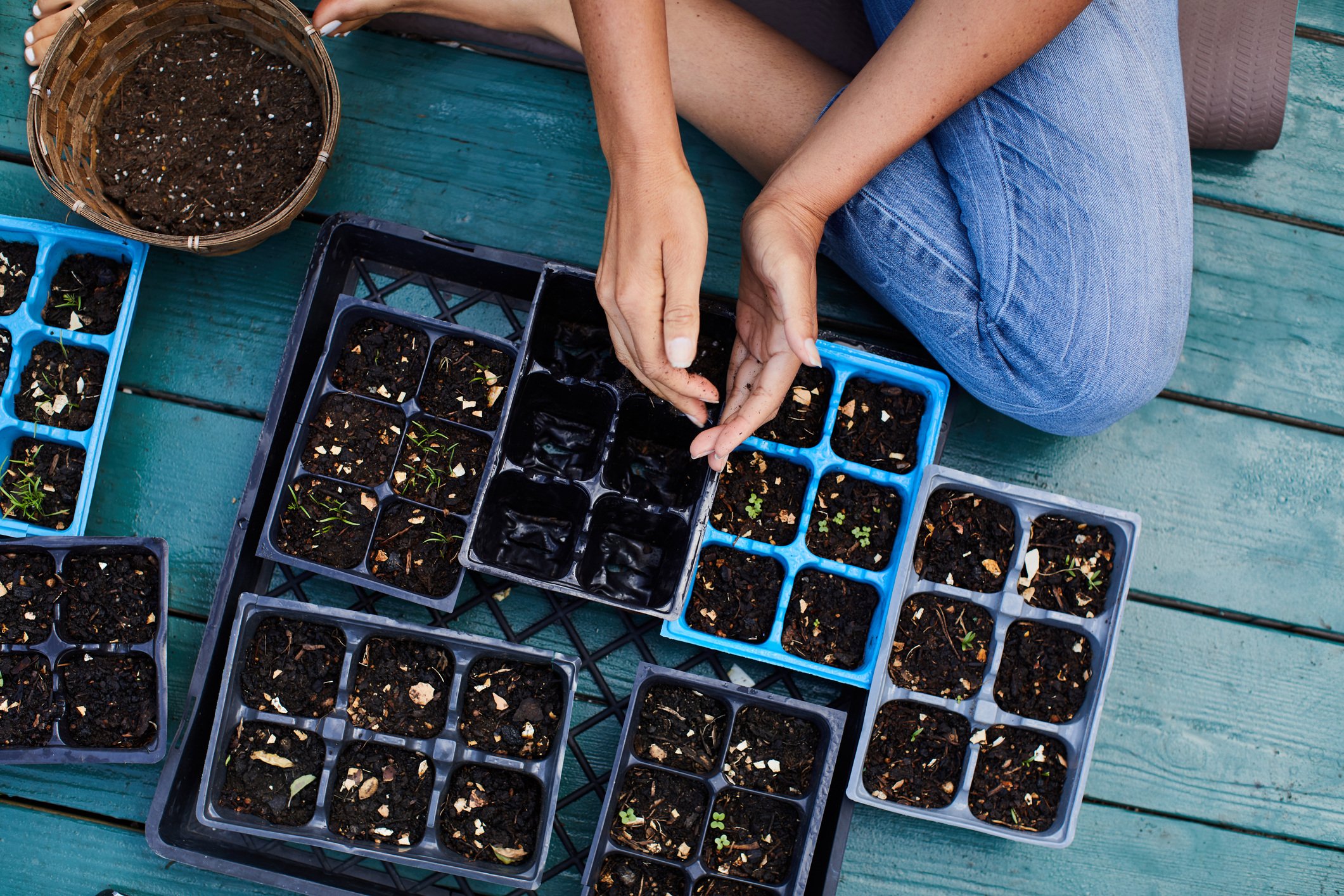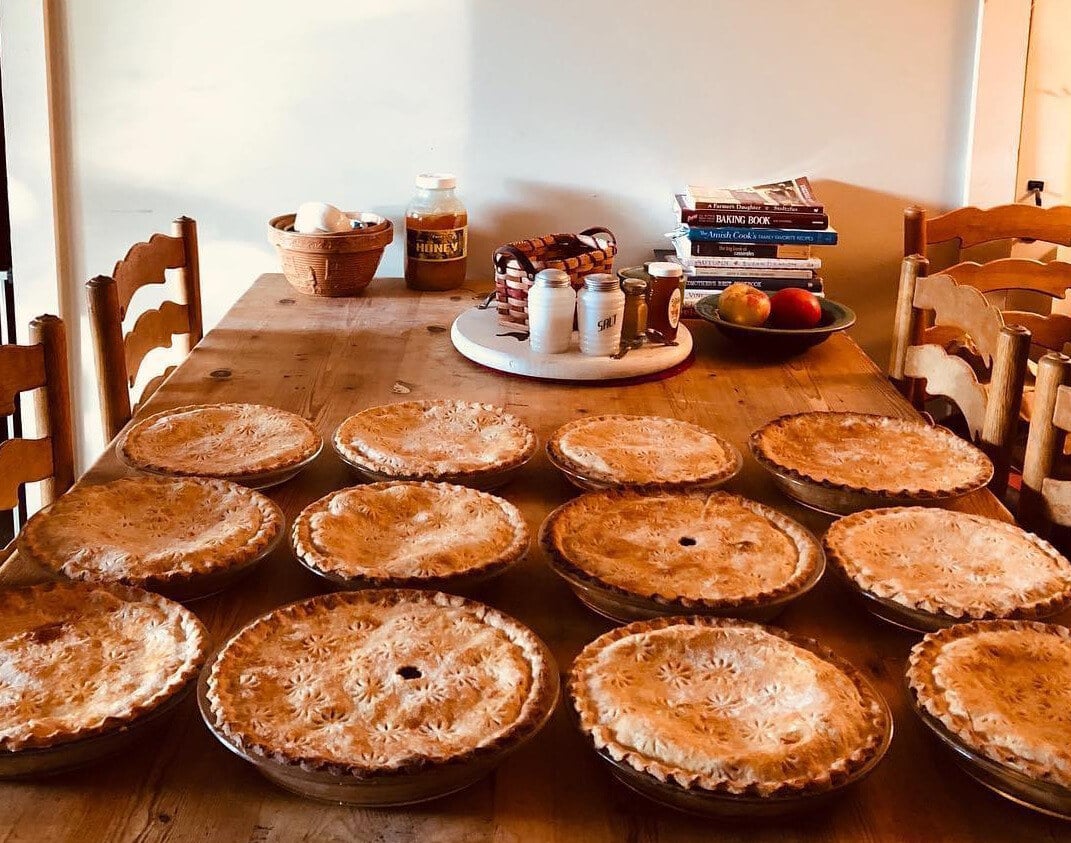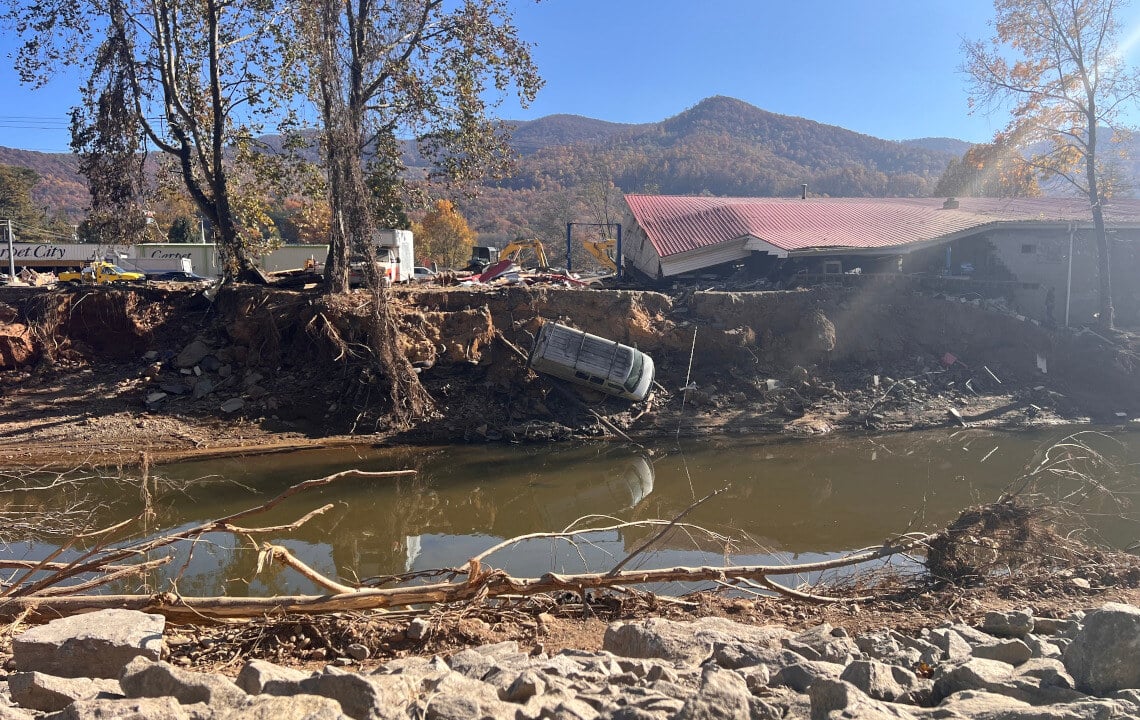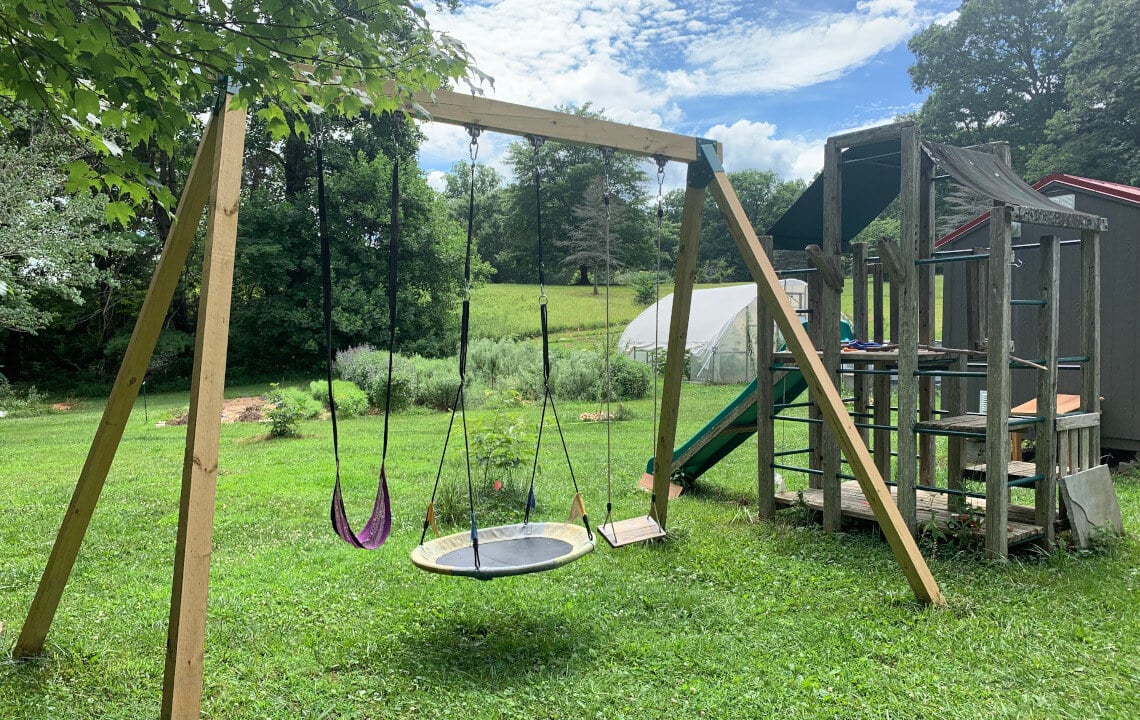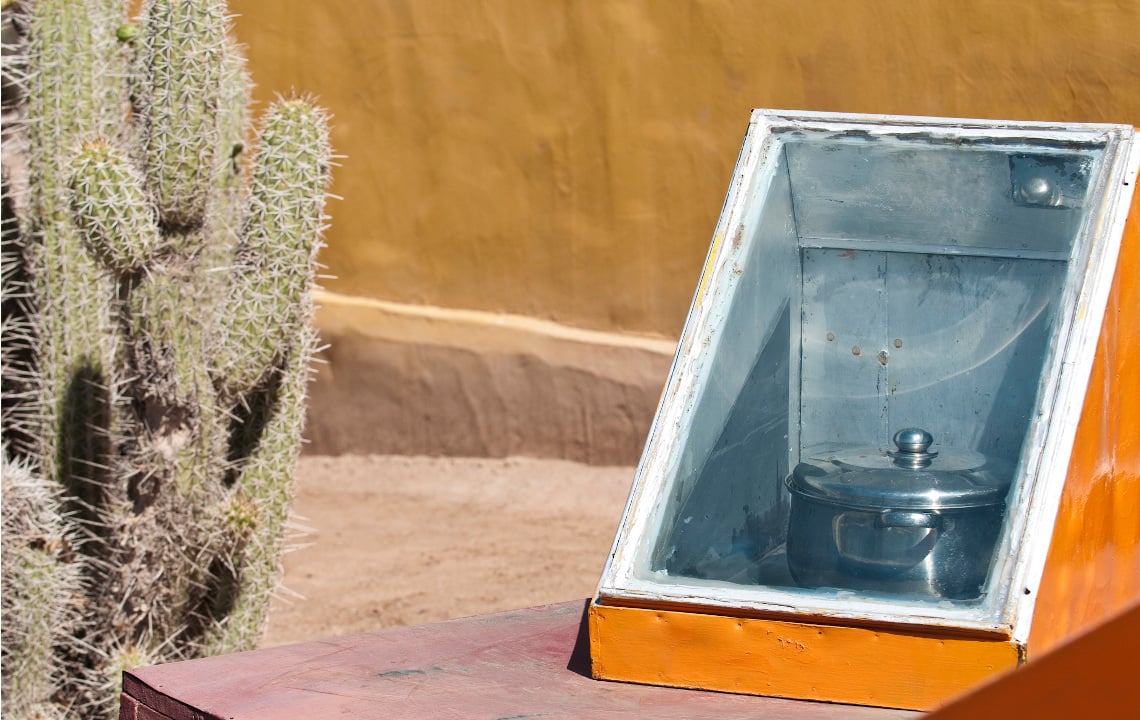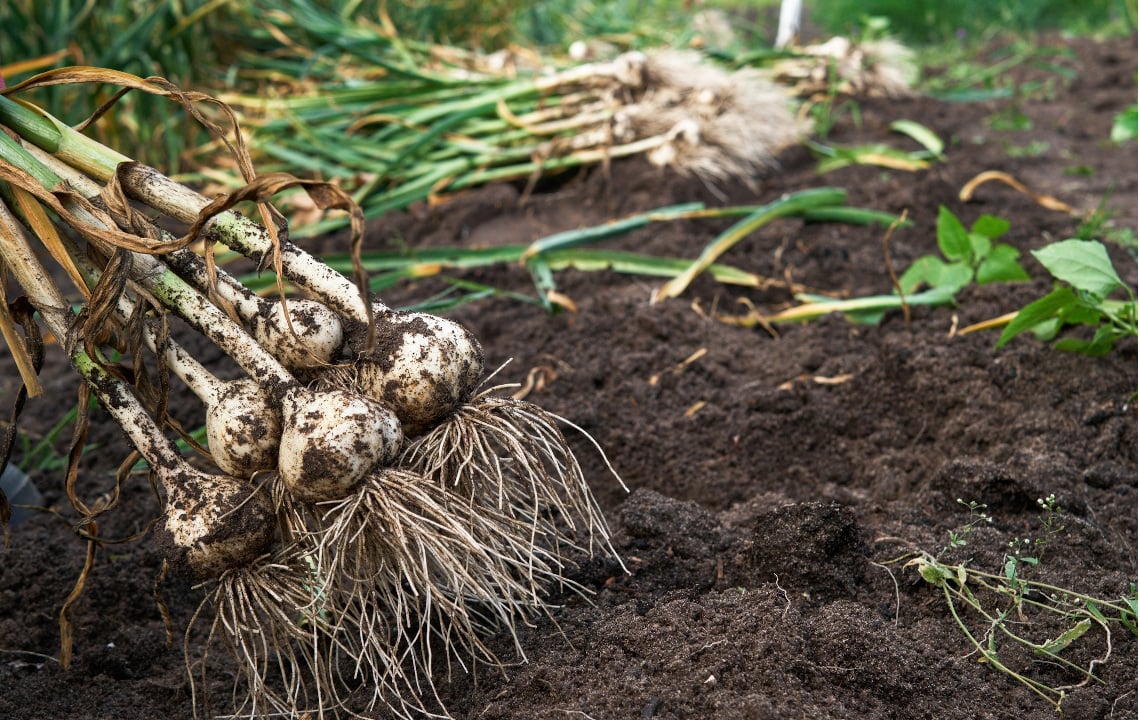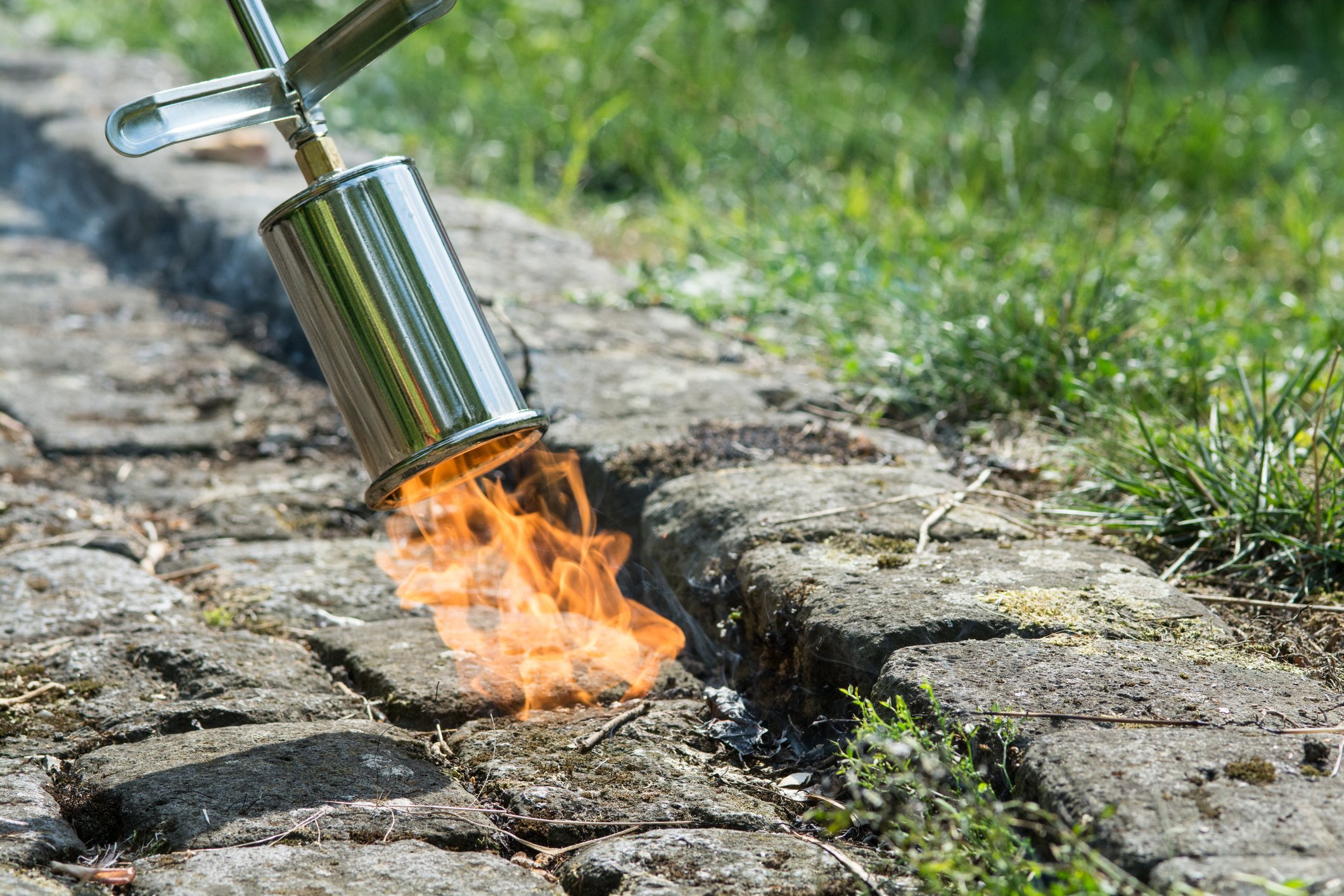Have you ever wondered what you would need to have on hand in the event of an emergency or disaster? A preparedness expert weighs in on how you, too, can begin your own prepping journey.
Emergencies and disasters are unavoidable. From natural disasters such as hurricanes, tornadoes and flooding to everyday emergencies like power cuts and job loss, preparing for the worst can help reduce fear while growing a sense of ease.
Morgan Rogue, a seasoned prepper of over 15 years and blogger at Rogue Preparedness, stumbled into her own prepping journey after a power outage piqued her interest.
“The power went out, and I had no way of charging my phone,” Rogue explains. “I didn’t need my phone at the time, but it did get me thinking, how would I keep it charged? This led me down a rabbit hole of preparedness. And because of that, I now teach people how to do the same.”
According to Rogue, anyone can become prepared on any budget, no matter where they live. Here, she shares her top tips on how to be prepared for emergencies and disasters.
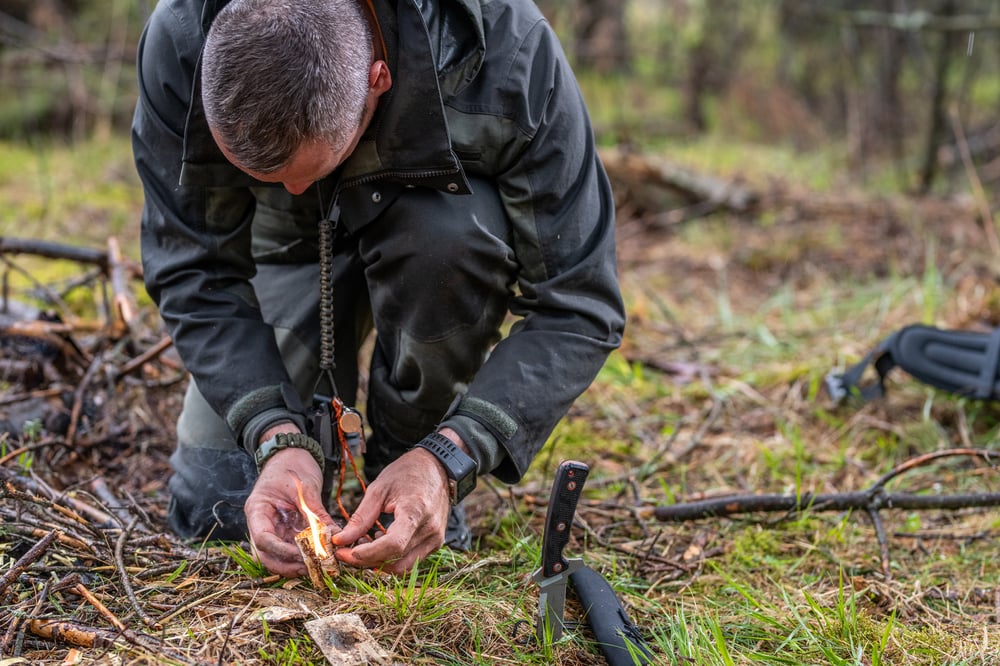
Tip #1: Stock Up on Food and Water
According to Rogue, the best place to start is by stocking up on food and water. “Each trip to the grocery store, grab a few extra non-perishable food items and some gallons of water,” she explains. “Store what you eat, eat what you store. It really is that simple.”
Depending on the members and family size, the amount of food needed to stock up will vary.
A good rule of thumb to follow is to always have at least three days worth of food per person put away. A gallon of water per person per day is strongly recommended. If space allows in your home, stock up on more.
Here are a few food items to start stockpiling:
- Bags of rice
- Canned soups
- Canned fruits and vegetables
- Canned meats
- Just-add-water foods such as hashbrowns and pancake mixes
- Ramen packs
- Oatmeal
- Snack and protein bars
- Formula or powdered milk (if you have a young baby or toddler)
- Baby food pouches and jars
Tip #2: Learn Valuable Survival Skills
Sure, stocking up on food and water is crucial to surviving the unexpected, but it isn’t the only piece of the puzzle.
Often times it isn’t the ‘stuff’ we need. It’s the know-how.
We asked Rogue what she thought the top two skills are that every prepper needs to know how to do. Her advice: Learn to cook from scratch and, most importantly, learn how to adapt.
Learn How to Cook from Scratch
In the event of a natural disaster, the power grid could go down. This could leave you without the use of electric-powered cooking appliances. Should this happen, having the skills to cook from scratch using non-conventional cooking techniques will be beneficial.
“A great way to learn how to cook from scratch is to look up recipes and follow them step-by-step,” says Rogue. She suggests using what you already have in your home, such as ground beef in the fridge, and searching for keywords such as ‘ground beef dinner recipes'.
“The more you do this, the more creative you’ll get,” she explains. “And, you’ll eventually branch off into creating your own delicious meals from scratch.”
Have an ample supply of fresh milk from the homestead? In this article, we share various uses for cooking from scratch with it.
Additionally, if you don’t already have one, a cast iron skillet is a must for a prepper’s kitchen tools. Many dishes can be cooked over an open fire or on top of a wood stove.
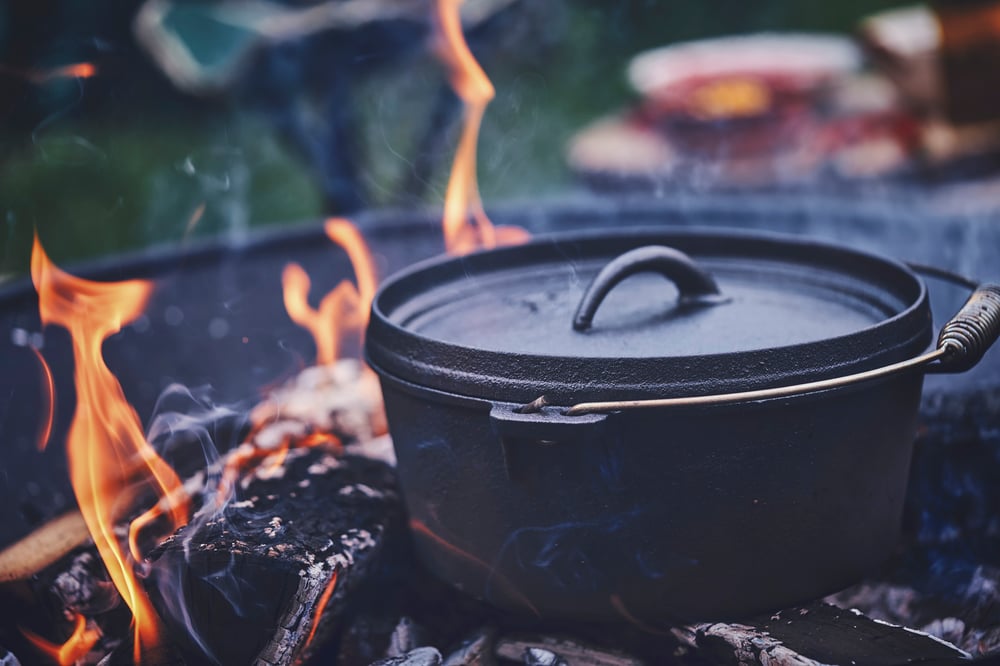
Learn How to Adapt
According to Rogue, many items are relatively easy to come by. The ability to adapt, however, is not.
“We live in a very comfortable society,” she explains, “with so many modern conveniences. I see it time and time again — when those modern conveniences go away, even if it’s just for a few hours, people get very upset and cranky. They are unable to adapt to the new circumstance, even if it is temporary. Being able to adapt is a skill that needs to be worked on regularly. Is something not working out? Adapt. Can’t find that one product that you love? Adapt.”
Learning to adapt to new challenges takes practice and requires mental flexibility. Train your mind to look for the good in any situation you might face. From there, think critically: “How can I utilize my learned skills in this situation?” “Is there someone I know that can assist me if a challenge arises?” and “What can I do to work around this new situation?”
Make an effort to embrace any change you might face, disaster or not. This is an excellent way to prepare yourself for the unexpected that might occur.
Tip #3: Make an Emergency Disaster Plan
According to Rogue, creating an emergency disaster plan is similar to “planning a trip to Disneyworld.” This particular plan lays out and answers all of the critical questions should the unexpected happen. Below are a few examples:
- Who is going? There’s the obvious, all family members within the household. But what about pets? And, in certain situations, will any friends or extended family members be joining? Knowing exactly who is included in the plan is helpful when and if the day comes.
- When do we leave? To keep chaos at bay, make sure everyone is on the same page with when to leave the house. Is it when everyone is accounted for? Will you leave immediately or wait until someone arrives (i.e. when a working parent returns home after work)?
- How will we communicate? During emergencies, cell phone towers can often become overwhelmed by high call and text volumes. So, don’t always count on them. Think outside of the box here. Stock up on walkie-talkies, scope out your area for nearby pay phones (they do still exist, believe it or not!), or invest in a ham radio. Communication is important during an emergency to ensure everyone is safe and where they need to be.
- Pick a meeting spot. If you get separated, where will everyone meet? Designate a variety of locations in different directions. If location A is unsafe, then the group knows to go to location B. Everyone should agree and feel comfortable with the chosen meeting spots.
- What to do if X, Y, or Z happens This is when you start to dig a little deeper and hash out the “what ifs.” Work through what to do should these events happen. For example, if you begin traveling together and unexpectedly split up, what should everyone do? Think through every scenario and write down your plan of action.
“The emergency disaster plan lays out basic plans for the household,” says Rogue. “It lets everyone know what to do, how to communicate and where to meet in case of an emergency. While situations are never guaranteed to go one way or the other, by having a plan, you’ve laid out a foundation to work on in the future.”
After you’ve completed your emergency disaster plan, store it in your bug-out bag for safekeeping.
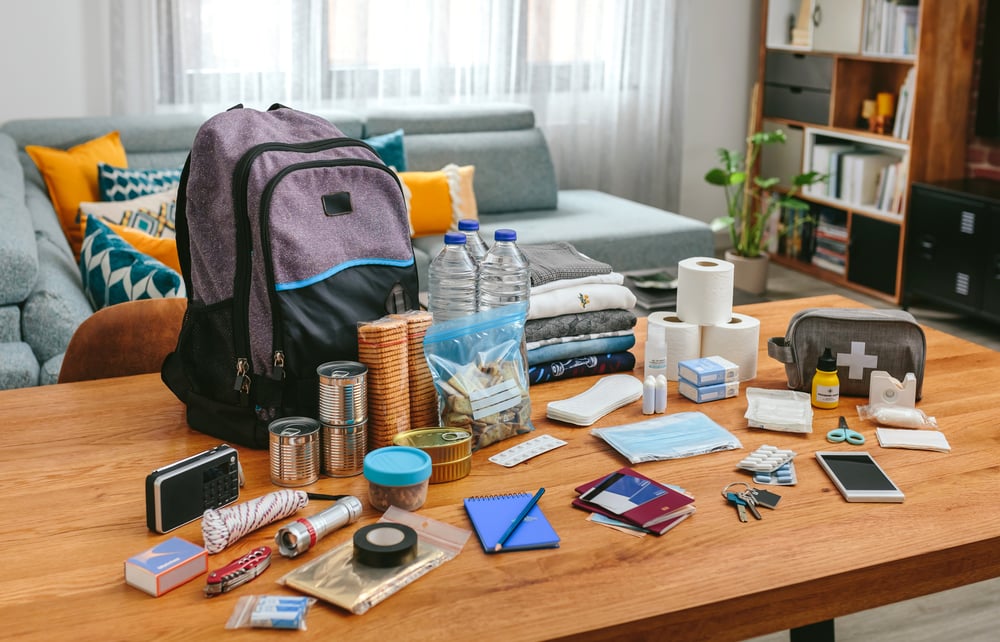
Tip #4: Make Bug-Out Bags for the Whole Household
Often known as a BOB, a bug-out bag is a prepared portable survival kit.
Typically, it is filled with all of the necessary items an individual needs to survive an emergency or disaster for a 72-hour period. There are various reasons why an individual may need to “bug out” or evacuate their home should they feel unsafe.
Pre-packing a bug-out bag saves you time and effort in case of an emergency. The idea is to simply grab and go. Plan to pack a bag for each individual residing in the home, including any pets. Store all bug-out bags in a safe and easy-to-access location.
The type of bag used should be small to medium size, and lightweight. A backpack or small duffel bag will suffice.
“In your bug-out bag, include basic items such as food, water, shelter, extra clothing, lights, first aid, medicines, hygiene and various other items,” explains Rogue.
Rogue suggests making a list with all of the items to include in your bag. She believes every person has unique and personal needs, encouraging beginner preppers to tailor the items to those unique needs.
She also suggests exercising with your bug-out bag regularly. Take a brisk walk while carrying it, or complete a few rounds of pushups with it on your back. The idea here is to ensure the bag is not too heavy and that you can carry the extra weight around.
On Rogue’s website, she offers a free bug-out bag checklist you can find here.

Tip #5: Exercise Your Physical and Mental Well-Being
Emergencies can be very stressful, taking a toll on the mental and physical body.
“An emergency doesn’t have to be earth-shattering,” says Rogue. “It could be that your child gets a boo-boo and needs your help. Responding to these types of situations in a calm and effective manner is crucial, and it takes practice.”
Take some time every day to exercise your physical and mental well-being. By doing so, you’ll have a much better chance of approaching an emergency with a clear mind.
“Work on ‘what if’ scenarios in your head during your daily routines,” Rogue explains. “Go for a 30-minute walk every day. Practice meditation and yoga. Be aware of your emotional triggers and stressors, and work on managing them.”
The key to becoming prepared is to just start. A few canned foods here and there, a newly learned skill, and planning prior to an emergency all play a role in becoming a prepper. Every action taken is a step toward your personal prepping goals.
To learn more from Morgan Rogue, visit her website and social media channels:
Website: https://roguepreparedness.com/
YouTube Channel: https://www.youtube.com/channel/UCFCbyQdzagUrk4pqDSZWeqw
Instagram: https://www.instagram.com/roguepreparedness/
Podcast: https://podcasts.apple.com/gb/podcast/the-rogue-preparedness-podcast/id1488170453
For more tips on rural preparedness, check out:


